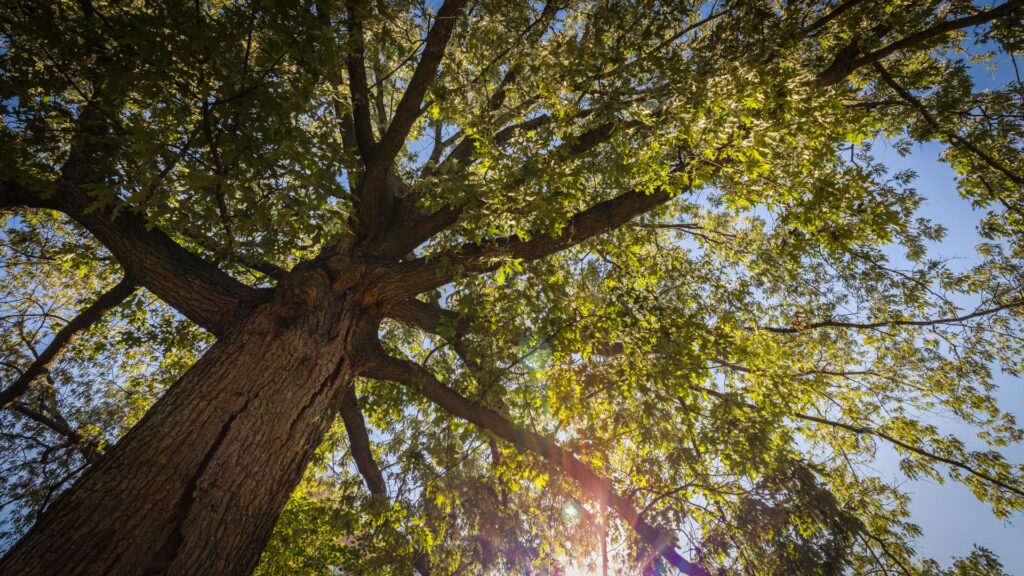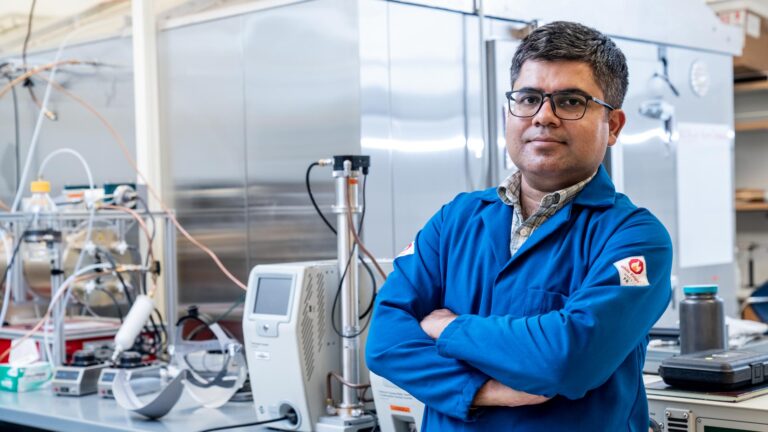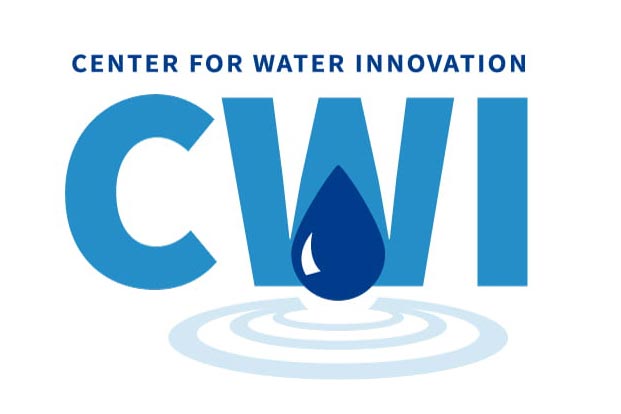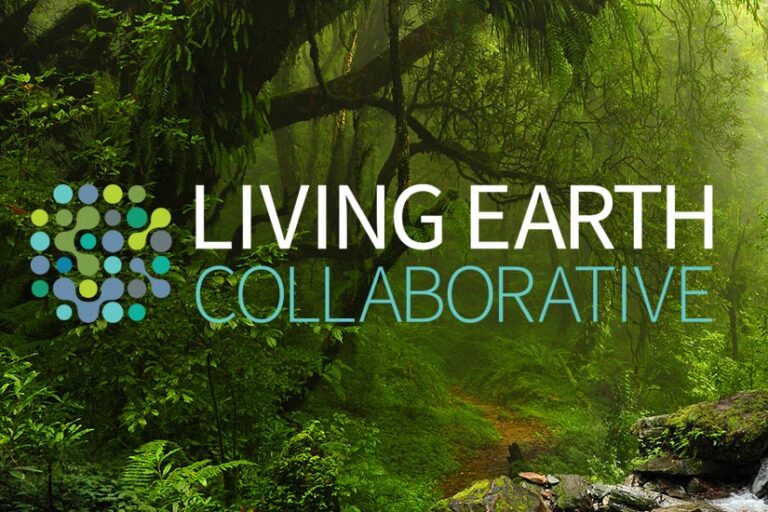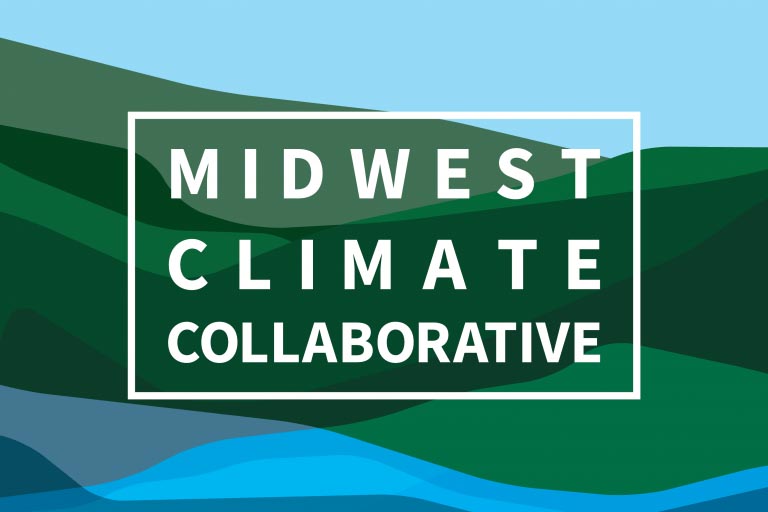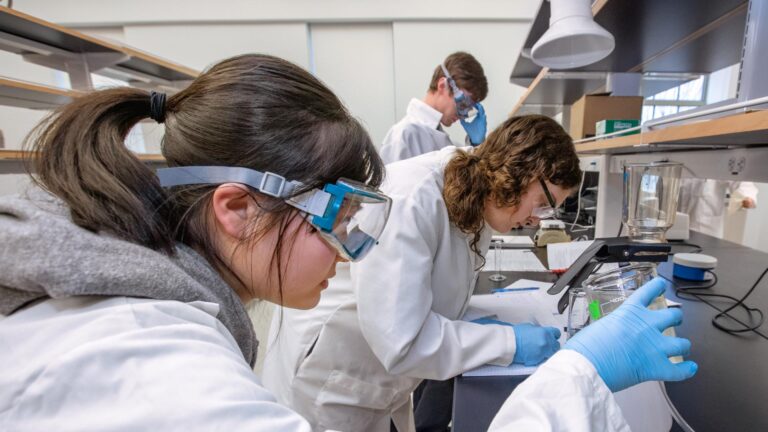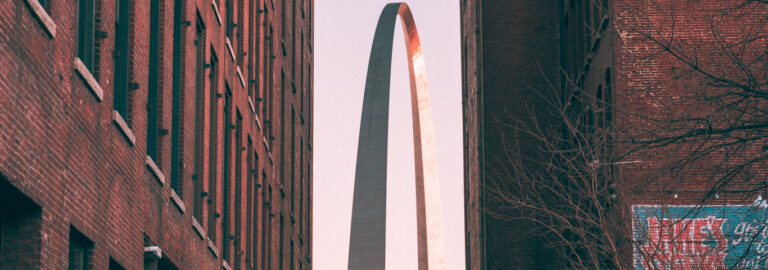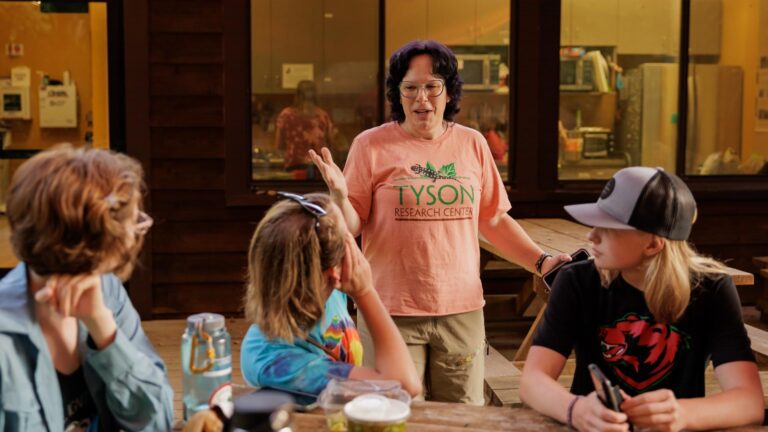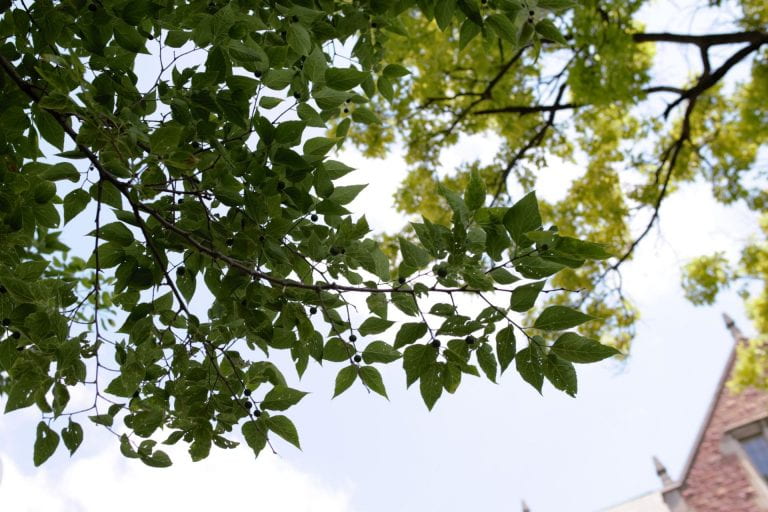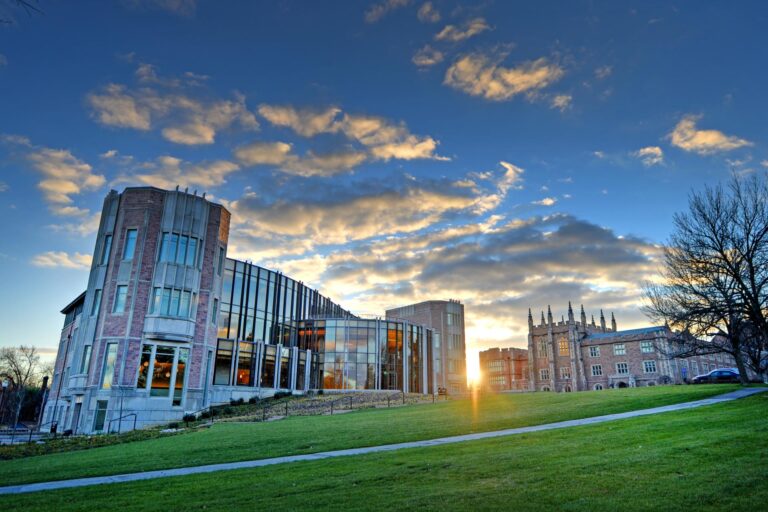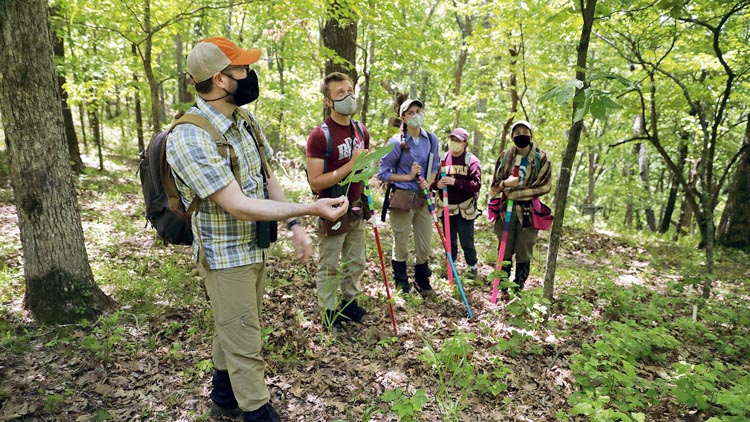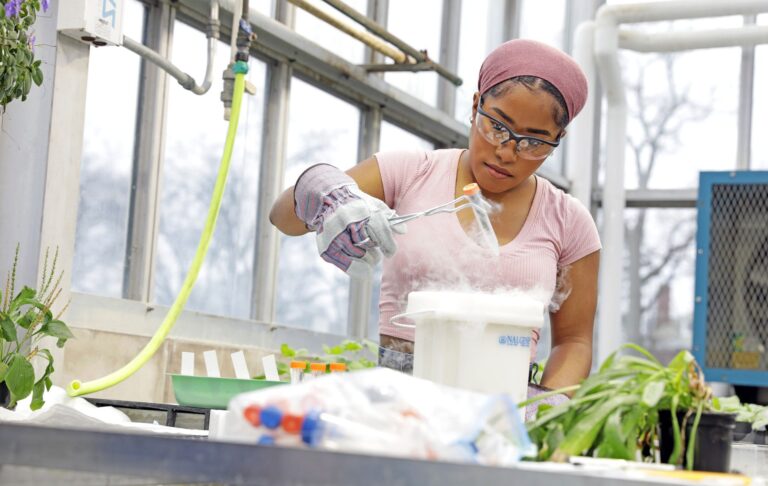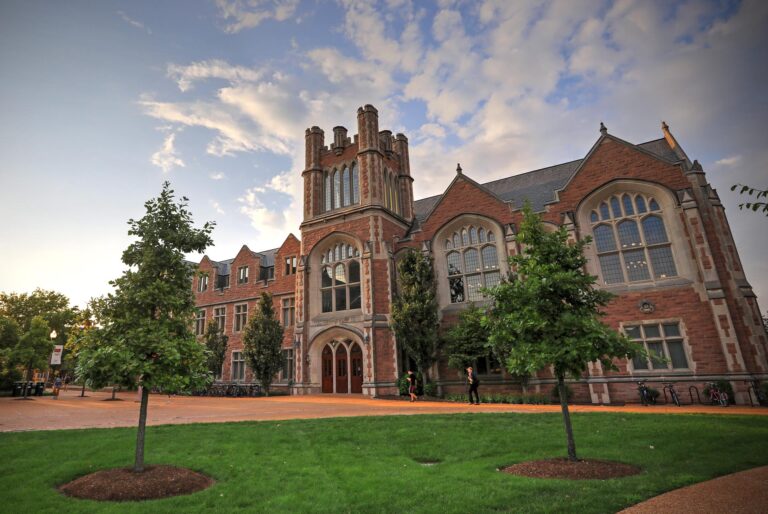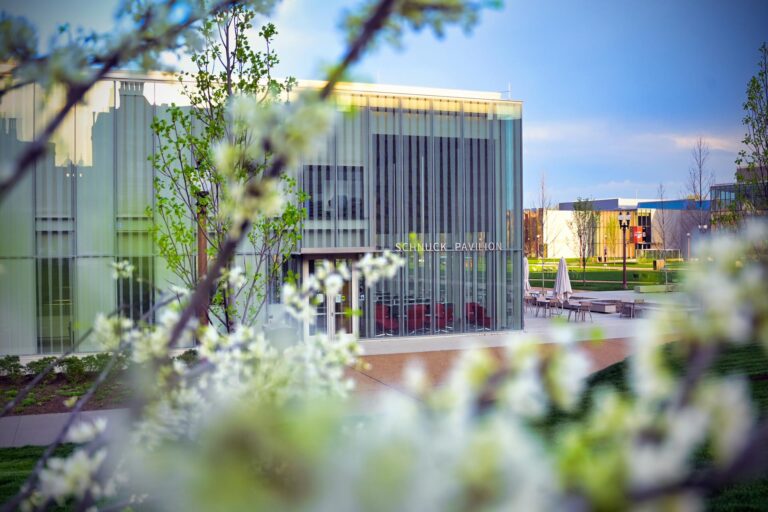Within the WashU ecosystem of environmental research, education, and practice, the Center for the Environment serves as a connector. Much like a biodiversity corridor, we work to create space where our partners within the ecosystem and across distinct disciplines come together to address our world’s biggest environmental challenges.
Explore by type
Center for Aerosol Science & Engineering
The Center for Aerosol Science & Engineering (CASE) focuses on the advancement of knowledge through aerosol science and technology in the areas of energy, environment, materials and health. The center is a group of faculty, students and affiliates within the Department of Energy, Environmental & Chemical Engineering, as well as partners at universities and corporations.
Center for Water Innovation
The Center for Water Innovation (CWI) provides a platform for industry-university dialogue and facilitates interactions among potential collaborators towards joint research efforts. CWI connects academic researchers and wastewater utilities to address their needs, providing regional research support to faculty research groups connecting utility personnel with researchers who can provide solutions to their technology needs.
Living Earth Collaborative
The Living Earth Collaborative is a center for biodiversity built from a partnership among three leading institutions in the study of plant and animal science — Washington University, the Missouri Botanical Garden and the Saint Louis Zoo. The collaborative is dedicated to advancing the knowledge of biodiversity and ensuring the future of earth’s species.
Midwest Climate Collaborative
The Midwest Climate Collaborative (MCC) is a cross-sector collaboration of organizations in 12 states to respond collectively to the climate crisis. Launched in 2022 at Washington University, the MCC works to accelerate climate action, knowledge generation and leader development to support its vision of a carbon neutral, climate resilient, interconnected Midwest region.
Research Facilities
WashU has a variety of research facilities across both of our campuses. Find out how they might support your work.
St. Louis Policy Initiative
The St. Louis Policy Initiative brings diverse theoretical and methodological perspectives to study policy in our region.
Tyson Research Center
Tyson Research Center is the environmental field station for Washington University located 20 miles from the Danforth Campus on 2,000 acres at the edge of the Ozark Highlands. Tyson provides opportunities for environmental research and education for students and faculty from Washington University and beyond. The center facilitates multi-scale research, teaching opportunities and collaboration.
WashU Arboretum
The more than 300 species of trees on the Danforth Campus play a major role in the outdoor architecture as key elements of the campus landscape. The campus canopy is the result of careful planning for the continued success of the local plant community.
Buder Center
The Kathryn M. Buder Center for American Indian Studies at the Brown School at Washington University was founded to provide scholarships for American Indians and has grown into one of the most respected centers in the nation for academic advancement and study of American Indian issues related to social work.
Climate Curricular Guides
Originally compiled by the WashU Climate Change Program, these guides pull climate-related courses into thematic lists to provide interested students with suggested courses that can be taken along any course of study. The Climate Curricular Guides are simply meant to assist students in course selection.
Climate Curriculum Database
The Climate Curriculum Database is designed to allow students, professors, and others in the WashU community to find courses related to climate change in all of its related disciplines, from economics to architecture to engineering. Each course links to the WebStac course listing, where more information about syllabi, course descriptions and enrollment can be found.
Interdisciplinary Environmental Law Clinic
The Interdisciplinary Environmental Clinic (IEC) functions as a pro bono law practice handling environmental and community health cases.
Midwest Climate Collaborative
The Midwest Climate Collaborative (MCC) is a cross-sector collaboration of organizations in 12 states to respond collectively to the climate crisis. Launched in 2022 at Washington University, the MCC works to accelerate climate action, knowledge generation and leader development to support its vision of a carbon neutral, climate resilient, interconnected Midwest region.
Tyson Research Center
Tyson Research Center is the environmental field station for Washington University located 20 miles from the Danforth Campus on 2,000 acres at the edge of the Ozark Highlands. Tyson provides opportunities for environmental research and education for students and faculty from Washington University and beyond. The center facilitates multi-scale research, teaching opportunities and collaboration.
Undergraduate Academics and Programs
Washington University in St. Louis offers a variety academic programs, majors, and courses for undergraduate and graduate students.
WashU Arboretum
The more than 300 species of trees on the Danforth Campus play a major role in the outdoor architecture as key elements of the campus landscape. The campus canopy is the result of careful planning for the continued success of the local plant community.
Buder Center
The Kathryn M. Buder Center for American Indian Studies at the Brown School at Washington University was founded to provide scholarships for American Indians and has grown into one of the most respected centers in the nation for academic advancement and study of American Indian issues related to social work.
Interdisciplinary Environmental Law Clinic
The Interdisciplinary Environmental Clinic (IEC) functions as a pro bono law practice handling environmental and community health cases.
Midwest Climate Collaborative
The Midwest Climate Collaborative (MCC) is a cross-sector collaboration of organizations in 12 states to respond collectively to the climate crisis. Launched in 2022 at Washington University, the MCC works to accelerate climate action, knowledge generation and leader development to support its vision of a carbon neutral, climate resilient, interconnected Midwest region.
Office of Sustainability
The Office of Sustainability leads Washington University’s efforts to transform its campuses into a living learning laboratory that connects teaching and research directly to sustainable campus operations. The Office of Sustainability facilitates, convenes and partners with university leaders and community partners to work toward a more sustainable campus and world.
Midwest Climate Collaborative
The Midwest Climate Collaborative (MCC) is a cross-sector collaboration of organizations in 12 states to respond collectively to the climate crisis. Launched in 2022 at Washington University, the MCC works to accelerate climate action, knowledge generation and leader development to support its vision of a carbon neutral, climate resilient, interconnected Midwest region.
Office of Sustainability
The Office of Sustainability leads Washington University’s efforts to transform its campuses into a living learning laboratory that connects teaching and research directly to sustainable campus operations. The Office of Sustainability facilitates, convenes and partners with university leaders and community partners to work toward a more sustainable campus and world.
WashU Arboretum
The more than 300 species of trees on the Danforth Campus play a major role in the outdoor architecture as key elements of the campus landscape. The campus canopy is the result of careful planning for the continued success of the local plant community.
